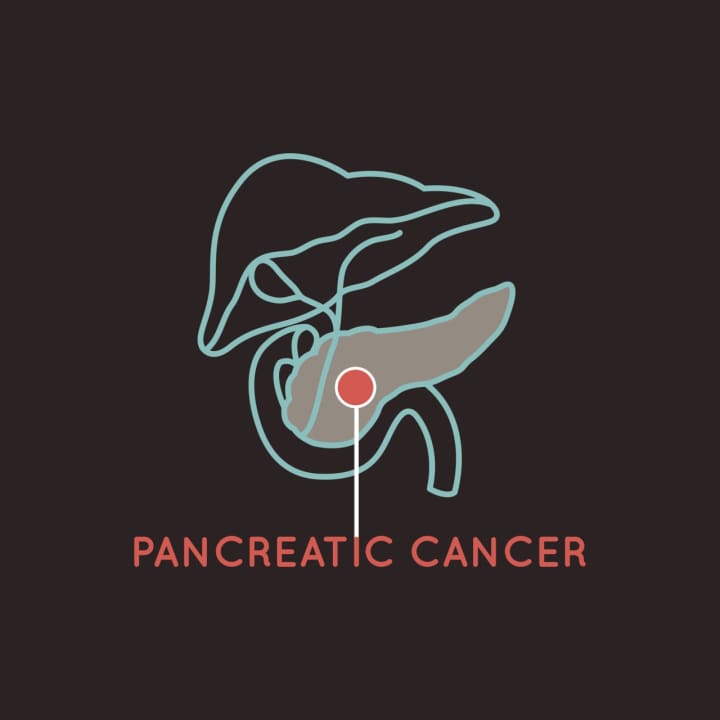There is no screening test recommended for the general population and the disease is notoriously resistant to chemotherapy. Pancreatic cancer is often found at an advanced stage and may not cause symptoms until it has already spread to other organs, which can mean less chance for cure.
However, in recent years there have been several new drugs for pancreatic cancer and many more are being evaluated. Researchers are collaborating to better understand the biology of pancreatic cancer and learn why it is so difficult to treat successfully. Here's what they're finding out:
- Tumors have strong fortresses: Pancreatic cancers have stroma: a tough, fibrous tissue that surrounds and permeates the tumor, making it hard for anticancer drugs to penetrate. Research studies are developing targeted drugs that can disrupt the stroma, making it easier for chemotherapy drugs to gain entry and do their work.
- There's a genetic link: Mutations in the BRCA genes (the same genes that raise breast cancer risk) can raise pancreatic cancer risk in some families. Genetic counseling is important for these individuals.
- Some people have pancreatic precancers: People with a family history of pancreatic cancer or BRCA mutations have an increased risk for the disease and may develop a precancer called pancreatic intraepithelial neoplasia (PIN). Scientists are exploring new blood tests, diagnostic imaging tools and other approaches to find PIN, with the hope of developing a screening test that could be used in people at high risk for pancreatic cancer.
- Immunotherapies show promise: Immunotherapy drugs such as nivolumab, which is used to treat melanoma and other cancers, are being evaluated in clinical trials for people with pancreatic cancer. They work by taking the brakes off the immune response, allowing immune cells to find and destroy cancer cells.
Pancreatic cancer is a complex disease to treat. People diagnosed with this cancer are best treated by a multidisciplinary team of pancreatic cancer experts at an academic medical center such as NewYork-Presbyterian, where they have access to all the specialists they need, the latest clinical trials of innovative therapies and supportive care.
NewYork-Presbyterian (NYP) Cancer Centers provide high-quality, comprehensive cancer care at convenient locations throughout the New York metropolitan area, Westchester and the Lower Hudson Valley. NYP Cancer Centers provide a comprehensive program of cancer services in a state-of-the-art, comfortable environment. Board certified, disease-focused medical oncologists are part of the multidisciplinary team of cancer specialists available to provide each patient with an individualized plan of care. To find a location, visit nyp.org/cancerlocations.
NewYork-Presbyterian is one of the largest and most comprehensive hospitals in the nation, ranked New York’s No. 1 hospital for the 16th consecutive year, and No. 6 in the United States, according to U.S. News & World Report. Affiliated with two academic medical colleges – Columbia University College of Physicians and Surgeons and Weill Cornell Medicine, NewYork-Presbyterian brings together internationally recognized researchers and clinicians to develop and implement the latest approaches for prevention, diagnosis and treatment. The Herbert Irving Comprehensive Cancer Center at NewYork-Presbyterian/Columbia University Medical Center is one of only three NCI-designated comprehensive cancer centers in New York State. NewYork-Presbyterian provides comprehensive cancer care at all of our locations across the New York Metro area, including Westchester County and the Hudson Valley. Learn more at nyp.org/cancer.



